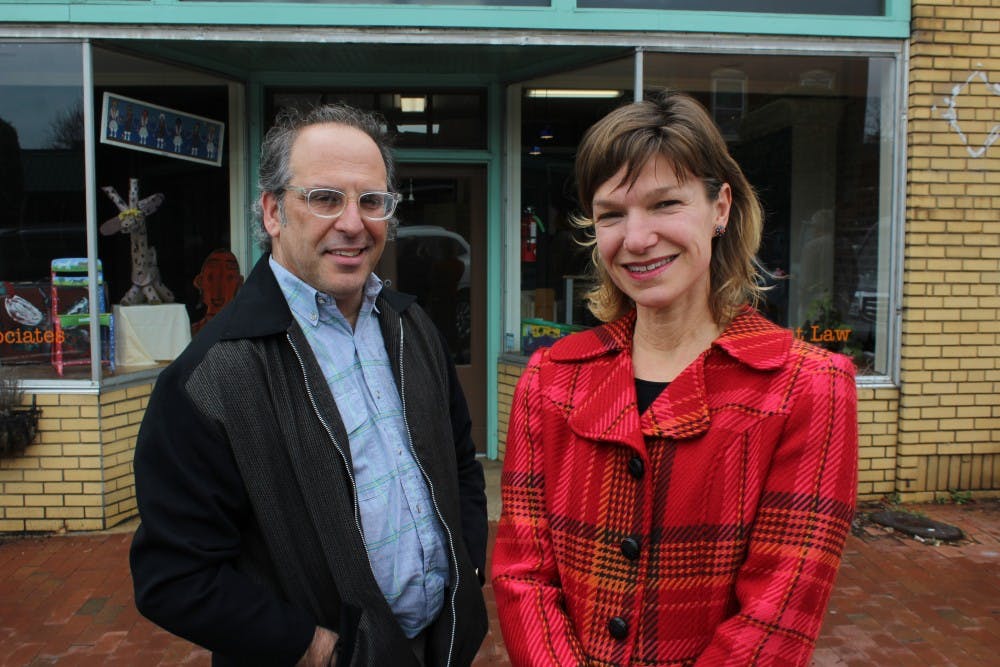After their abrupt November termination from the UNC Center for Civil Rights, Elizabeth Haddix and Mark Dorosin have continued their legal work through the newly founded Julius L. Chambers Center for Civil Rights.
The Chambers Center was founded in response to a September 2017 vote by the UNC Board of Governors banning the UNC Center for Civil Rights from litigating.
Prior to the decision, the UNC Center for Civil Rights performed advocacy-based research, engaged in direct representation for victims of racial exclusion and trained law students in civil rights litigation, said Haddix, co-director of the new Chambers Center.
“When Mark Dorosin and I were at the UNC Center for Civil Rights, the mission was to support communities to dismantle structural racism,” Haddix said. “When the advocacy ban came down from the Board of Governors, Mark and I worked very quickly and tried to get the law school to also work with us to find a safe place for the advocacy work to land.”
Haddix said the Chambers Center, which is a nonprofit organization that can litigate, is picking up where the UNC Center left off.
“The Chambers Center has taken on all the former clients of the UNC Center, and we’re doing lots of important work around educational equity, around environmental justice, around combating racial exclusion,” Dorosin said. “I think those struggles, which are happening in communities all across the state, are where the real change is going to take place.”
Dorosin, another co-director of the Chambers Center, said it honors the previous mission of the UNC Center: community advocacy around the South’s legacy of discrimination.
“We wanted to ensure that the work that Julius Chambers, the founder of the UNC Center, had started and spent his career dedicated to, would continue,” he said.
Haddix said the Center is currently representing communities in the state impacted by industrial swine and poultry operations and that it will present oral arguments before the N.C. Supreme Court in the spring in an education equity case.



